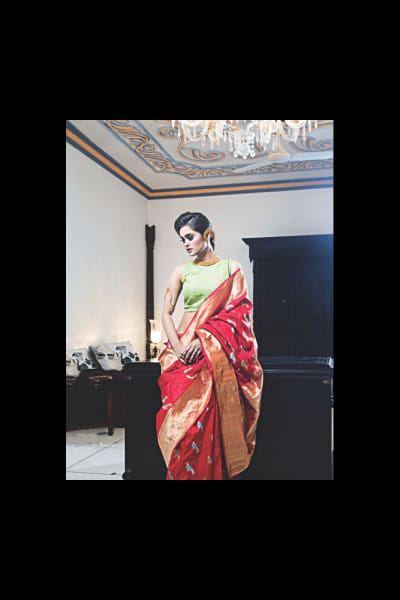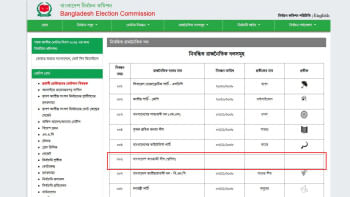Truly Bangladesh

Our identity is our truth. But the search for one's identity is anything but easy. It's because identity itself is not as straightforward a concept as we would like it to be, as multiple aspects factor into the cultural construction of “I/we”—our personal and collective identities. Increasingly, as cultures came together through globalisation and the idea of separation became relative, that process of identification has become more difficult.
Bangladesh was born out of a long, bloody struggle for independence. While that unique history and our shared heritage give us an identity worth holding on to, the society in general remains diverse in terms of the individual choices, preferences and interests of its members. It will not be an overstatement to say that our society is in transition. And the pace of its transformation has been so fast that it is sometimes difficult to comprehend. One consequence of that transformation is a generational gap as well as a knowledge gap. For many, it's a painful break with a past that once gave us a sense of unity. Others view it as a necessity of time. But every now and then, it's important to look back to make sense of our changing identities and preserve what's truly ours.
“Deshi First”—the 4th instalment of our annual Anniversary Supplement—is our humble attempt to highlight our “deshi” culture. The pages that you now hold carry narratives possibly unheard by many. We hope the issue presents snippets of our “deshi” existence: we address issues surrounding traditional weaving looms, and the problems that weavers apparently face. We delve into the minds of children through timeless folktales, but also address issues like appropriate reading for children. We delve deep into the melancholia that is Jibanananda Das, and then go all out to navigate what we perceive as pop culture.
And then there is the section on food, and our love for it. From fishes for the “mecho Bangali,” we take a dive into our newfound love for everything organic.
Mahfuz Anam
While this supplement addresses the past and a plausible future, for everything from jazz music to fashion, from art to architecture—do not forget to read the last segment of this year's anniversary supplement: “The Lifestyle Parenthesis.”
Photo: Sazzad Ibne Sayed
Model: Arpita
Wardrobe and Jewellery: Deshi Katan, Niharika Momtaz
Make-up: Farzana Shakil’s Makeover Salon
Styling: Sonia Yeasmin Isha

 For all latest news, follow The Daily Star's Google News channel.
For all latest news, follow The Daily Star's Google News channel. 



Comments